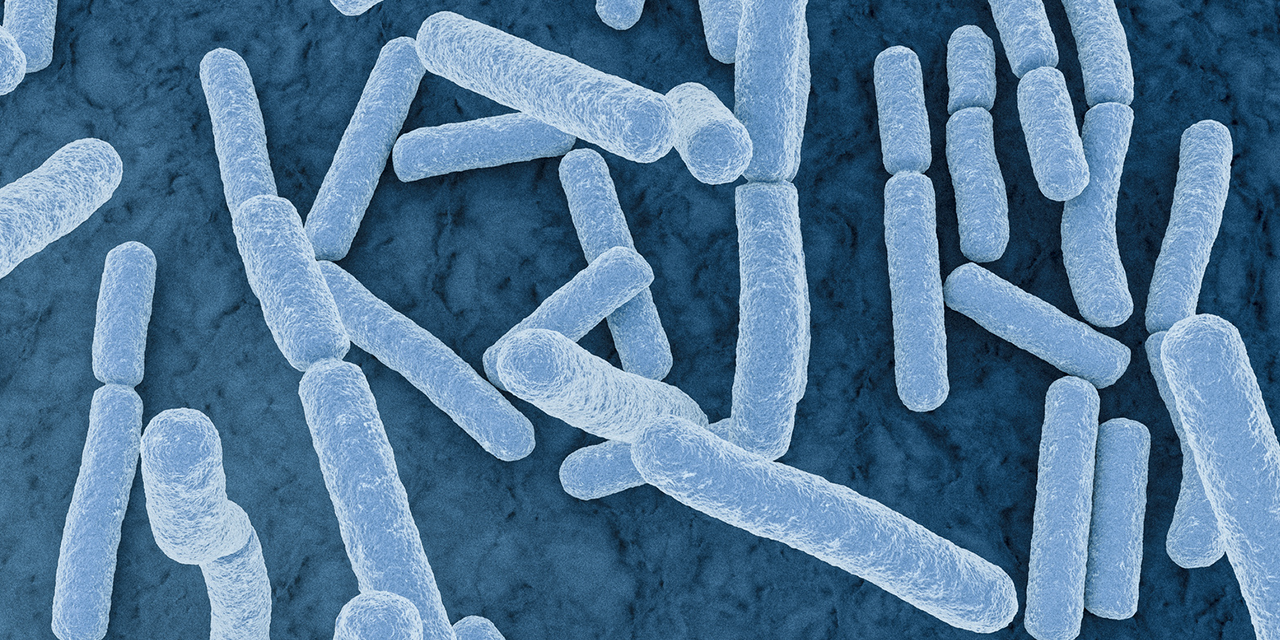Microbiota (Microbiome)

Microscopic organisms that live with us on our skin and inside our body are called microbiota or microbiome.
These are bacteria, viruses and other one-celled organisms (archea) that are live in our digestive system (from the mouth all the way to the anus), in the vagina, and on our skin. These beings have many functions and benefits for the human body and metabolism:
- Digestion of indigestible fiber and food
- Synthesis of B vitamins and vitamin K
- Metabolism of some drugs
- The bonding and disposal of many heavy metals, especially mercury
- Ensuring that congenital and acquired immune systems work in balance
- Contributing to the synthesis of neurochemicals such as serotonin and dopamine
- Protective effect against chronic inflammation and autoimmune diseases
- When the numbers of these beneficial microbes decrease or the number of harmful organisms increase, dysbiosis occurs. This imbalance is thought to be at the root of many diseases seen today. Frequent and/or prolonged use of antibiotics, use of antibiotics during pregnancy, cesarean delivery, excessive hygiene, eating fiber-free and refined foods, consuming excess saturated fat, chronic steroid use, chronic use of proton pump inhibitors and chronic stress can cause dysbiosis.
Illnesses associated with dysbiosis:
- Asthma
- Allergy
- Food sensitivities
- Irritable bowel syndrome
- Constipation
- Diarrhea
- Digestion problems
- Inflammatory bowel diseases
- Type II Diabetes
- Weight gain/obesity
- Migraine
- Fibromyalgia
- Chronic fatigue syndrome
- Chronic pain syndromes
- Mood disorders
- Attention deficit (hyperactivity)
- Immune disorders
- Frequent cold/flu
- Acne
- Bad breath
- Gum disease
- Autism, autism spectrum disorders
- Parkinson’s disease
- Alzheimer’s disease
To do list for reverting dysbiosis and establishing a microbial balance:
- Eat fiber-rich foods such as vegetables and fruit
- Consume probiotic rich foods such as yoghurt, kefir, fermented pickles
- Consume naturally grown fish and red meat
- Consume naturally grown chicken eggs
- Consume cold pressed unsaturated oils (olive oil, walnut oil)
- Consume legumes
- Eat dark chocolate
If you think you are still not getting enough probiotics or you have one of the diseases listed above, you can take a supplement of probiotics from your pharmacy. Probiotics with the highest count and types of bacteria are the best. If you have problems eating raw vegetables and fruits due to digestive difficulties, you can take prebiotic supplements.
Patients who are using immunospressants, have cardiac structural problems and systemic diseases must ask their physicians for the pros and cons of probiotic use.

